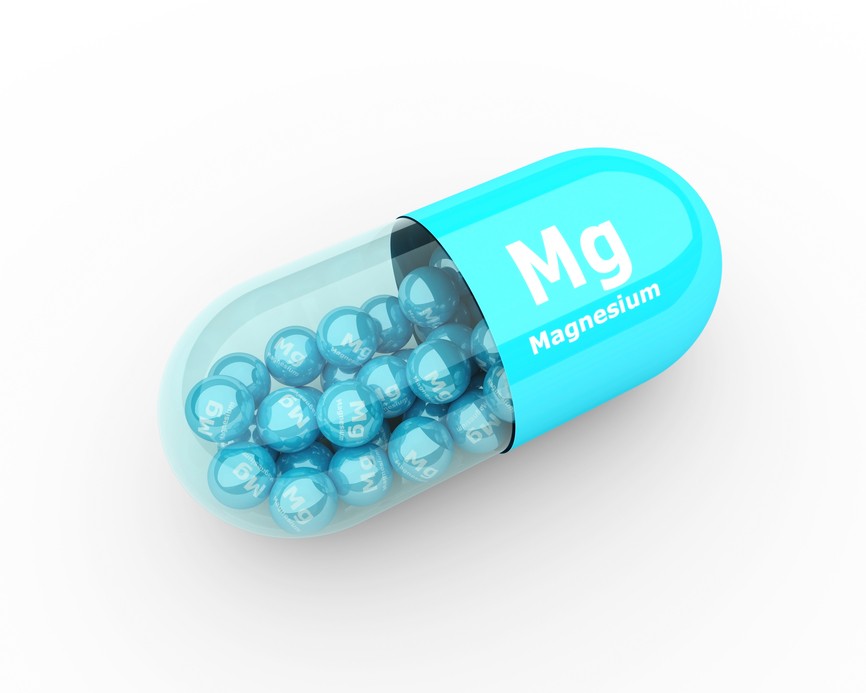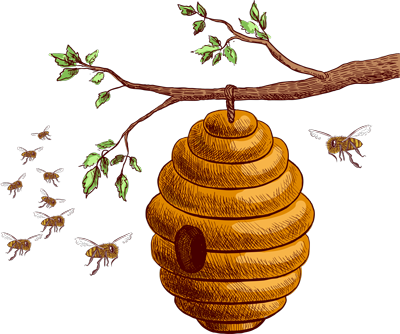
Managing menopause symptoms doesn’t have to be difficult or complex. Once you understand the relation between the normal reduction of estrogen that occurs with menopause and the lifestyle choices you can control, you’ll be on your way to easing your symptoms and enjoying the next stage of your life.
What is Menopause?
Menopause is the time in a woman’s life where she stops having menstrual periods and is no longer able to become pregnant. The beginning of menopause is marked when a woman hasn’t had a menstrual cycle for 12 months.
However, prior to the onset of menopause, it take the body some time to stop producing the levels of sex hormones progesterone and estrogen that it did during a woman’s prime child-bearing years. Though menopause usually doesn’t start until after age 45, many women experience premenopause (sometimes called perimenopause) as early as their mid-30s, which may include symptoms that can be present for 10-15 years.
Many of the symptoms associated with premenopause and menopause are related to these declining levels of hormones. In addition, as a women gets closer to menopause, she may experience excess weight gain and an increase in symptoms or intensity of symptoms.
What are the Symptoms of Menopause?
 When a woman’s sex hormone levels begin to decline, a combination of symptoms occur. For most women, irregular or heavy periods are an indicator that hormone levels are fluctuating. Though other factors may be at play, such as those related to taking synthetic forms of birth control, additional symptoms include:
When a woman’s sex hormone levels begin to decline, a combination of symptoms occur. For most women, irregular or heavy periods are an indicator that hormone levels are fluctuating. Though other factors may be at play, such as those related to taking synthetic forms of birth control, additional symptoms include:
- Mood changes
- Depression
- Insomnia
- Hot Flashes
- Weight Gain (may increase around two years prior to menopause)
Some women may also experience these symptoms as menopause grows closer:
- Fuzzy thinking
- Sore or lumpy breasts
- Migraines
- Low libido, dryness in feminine areas
- Dry skin
Managing Menopause Symptoms
Though declining estrogen levels are the primary source of menopause symptoms, there are other, less obvious sources that may contribute to or worsen those symptoms. You don’t have to suffer through this time of life or resort to synthetic hormones (which can have side-effects), or drastic surgery. If you’re fortunate enough to be in premenopause, you also have time on your side to help you achieve greater balance before the major effects of menopause begin.
1. Adequate Levels of Key Nutrients
This should go without saying, but how many of us think we get enough vitamins and minerals just because we take a multivitamin? If you’re unsure about where you may be falling short, ask your health care provider to run tests or survey for symptoms associated with specific vitamin or mineral deficiencies.
- For example, magnesium deficiency is fairly common among all adults. This is due to a myriad of factors, including a reduction in enzymes and the ability to assimilate nutrients as we age. Women over age 30 should be getting at least 420mg of bioavailable magnesium per day.
- Vitamin D, B-Complex, and Calcium are also vital for overall health and can reduce symptoms such as difficulty sleeping, mood changes, and sugar cravings. Whole, nutrient foods are the first method, followed by high-quality supplements to fill in the nutrition gaps from diet alone.
2. Foods That Mimic Estrogen
In moderation, phytoestrogens, such as those in non-gmo soy products, flaxseed, and legumes, can be beneficial in helping to increase estrogen naturally. It’s when these foods are taken in excess or alongside hormone imbalance conditions such as estrogen dominance, that the benefits of consuming these types of foods become counterproductive.
3. Self-Care
Stress is a huge factor in managing all types of hormone balance, so taking the time to meet our basic physical, emotional, and spiritual needs during and after the onset of menopause is crucial.
 Exercise daily to maintain strength and flexibility, and to promote cardiovascular health and detoxification.
Exercise daily to maintain strength and flexibility, and to promote cardiovascular health and detoxification.- Practice a healthy diet with plenty of leafy greens, raw fruit and vegetables, good carbohydrate sources (low-glycemic and unprocessed), protein, and hydrating fluids such as filtered water and decaffeinated herbal teas.
- Set aside a time and place each day to practice deep breathing or spiritual refreshment.
- Finally, adequate rest and deep sleep with a regular waking time will do wonders to filter out the day’s stresses, and to restore, renew, and refresh your body and mind for the next day.
4. What to Avoid or Minimize
Healthy aging no longer allows for the regular intake of certain harmful (or at least non-beneficial) foods and chemicals. If you want to minimize the symptoms of menopause, you must also minimize these:
 Caffeine. This may be a tough one for those who are used to a cup of coffee as a start to their day. Research varies on specifically how much caffeine effects women before, during, or after menopause. The best way to find out is to cut back or stop caffeine for a few weeks, then gradually increase the amount until you experience adverse symptoms. Implementing the other keys to managing menopause symptoms may also help offset smaller amounts of caffeine. In general, consuming any form of caffeine after 3pm may cause difficulty sleeping, which can lead to related issues such as sugar cravings or increase of caffeine the following day due to sleep deprivation.[clear]
Caffeine. This may be a tough one for those who are used to a cup of coffee as a start to their day. Research varies on specifically how much caffeine effects women before, during, or after menopause. The best way to find out is to cut back or stop caffeine for a few weeks, then gradually increase the amount until you experience adverse symptoms. Implementing the other keys to managing menopause symptoms may also help offset smaller amounts of caffeine. In general, consuming any form of caffeine after 3pm may cause difficulty sleeping, which can lead to related issues such as sugar cravings or increase of caffeine the following day due to sleep deprivation.[clear]- Alcohol. Ideally, regular alcohol consumption should be reduced to two drinks or less per day. While moderate drinking has its benefits (especially at the age of menopause), drinking in excess can cause more harm than good including triggering hot flashes, prescription drug interactions, and increased depression.*1
- Smoking. In addition to all the reasons that smoking is harmful to anyone at any age, according to The North American Menopause Society, smoking can bring on menopause as much as two years earlier, and can also trigger more frequent and more severe hot flashes.
- Sugar. Consuming too much sugar can lead to various health issues over a lifetime. In regard to hormones, sugar is often the first quick fix for improving energy or mood, but can increase other cravings, inhibit nutrient absorption, and contribute to weight gain. Achieving the above self-care goals should help to minimize sugar cravings and intake. Just be sure to avoid temptation by minimizing access to sugar-laden foods and drinks near your work area or in your house.
5. Menopause Support Creams and Supplements
The final key is to consider natural estrogen replacement creams and hormone support supplements. Bio-identical creams allow your body to absorb precise amounts of natural hormones through your skin and help to replace lost estrogen and/or progesterone. Supplements offer support in the areas of nutrients and herbs that can help women manage menopause symptoms.*
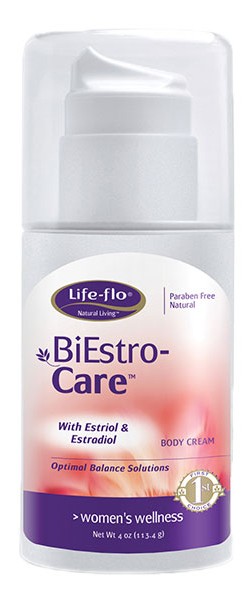
BiEstro-Care Cream
BiEstro-Care Cream combines the two natural estrogens Estriol and Estradtiol for optimal balance in an 80/20 ratio. The pre-measured dispense pump makes for easy application. Paraben free.
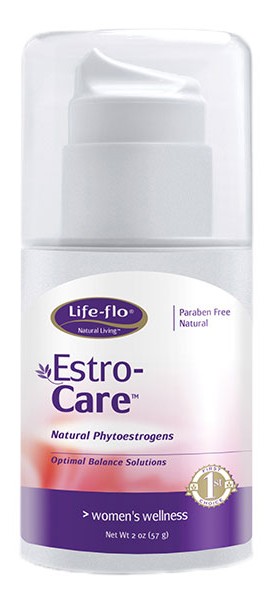
Estro-Care Cream
Estro-Care Cream contains phytoestrogens such as red clover tops extract, black cohosh extract, and dong quai root extract in a natural cream plus the benefits of MSM and hyaluronic acid in an airtight, easy to dispense pump. Non-greasy formula. Paraben free.
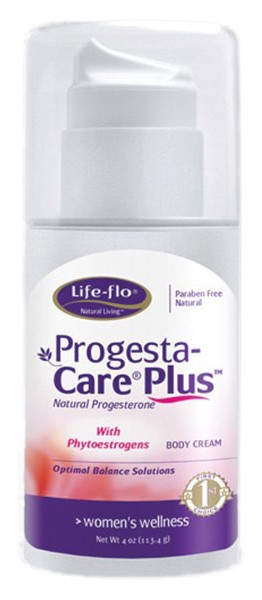
Progesta-Care PLUS
Progesta-Care PLUS is an excellent cream for women who are experiencing menopausal symptoms such as hot flashes and need estrogen supplementation that contains both natural progesterone and phytoestrogens. Paraben free.
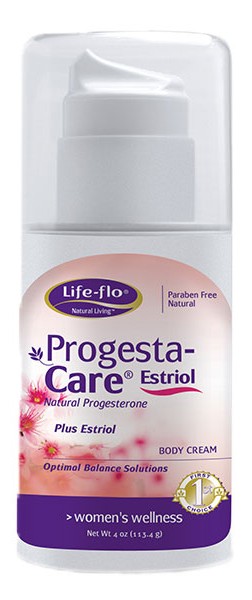
Progesta-Care Estriol
Progesta-Care Estriol an optimal balance blend of natural progesterone and estriol for women looking for both natural progesterone plus estrogen supplementation. Paraben free.
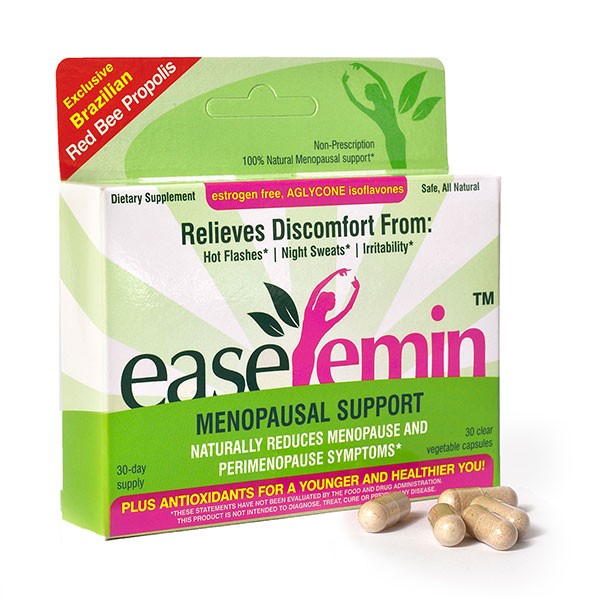
EaseFemin Menopausal Support
EaseFemin Menopausal Support is a combination formula that includes the benefits of exclusive Isofactor™ and exotic antioxidant affects of Brazilian Red Propolis, standardized aglycone isoflavones, proprietary calming herbal blend, and bone support with Vitamin D3 and Calcium.
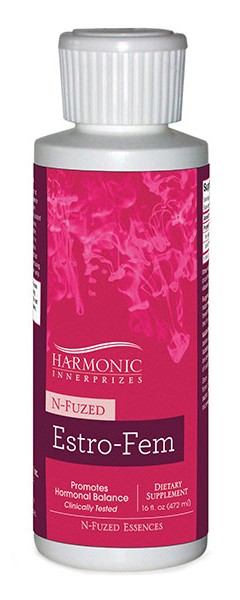
N-Fuzed Estro Fem
N-fuzed Estro-Fem help increase progesterone and balance estrogen using three herbs; Phlomis umbrosa, Cynanchum wilfordii, and Angelica gigas, which during clinical testing indicated marked improvements for the test subjects between the pre and post test questionnaires and blood studies.*
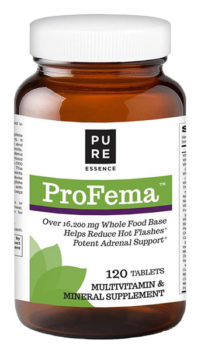
ProFema Menopause Multiple
ProFema provides a complete array of vitamins and minerals, bone support, and a complete green food complex plus the isoflavones and herbs you for fast relief of menopause discomforts.*
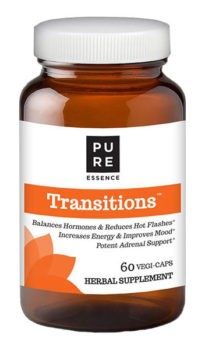
Transitions Herbs for Menopause
Transitions contains the same combination of herbs for hormone support as ProFema, but without the vitamins and minerals. Ideal for those already taking a multivitamin but who would like additional support for menopause symptoms.

